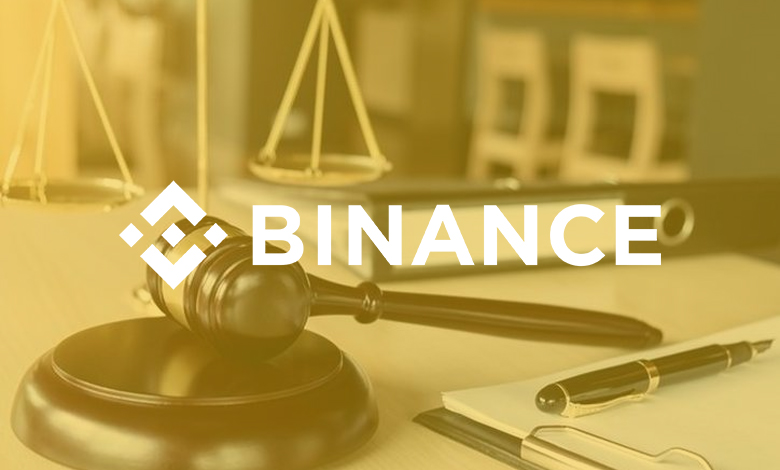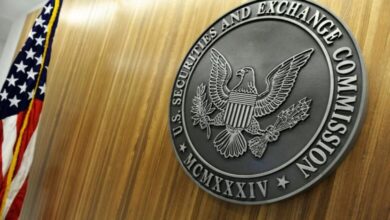Binance’s Ongoing Battle with the SEC and State Bans

The cryptocurrency industry finds itself at the intersection of legal challenges and regulatory scrutiny as Binance, a major player in the crypto exchange sphere, faces a contentious battle with the United States Securities and Exchange Commission (SEC). Simultaneously, regulatory crackdowns in specific states, such as Florida and Alaska, further add to Binance’s woes.
Binance’s Legal Battle with the SEC
The legal dispute revolves around the SEC’s claim that Binance, through its parent entity BAM Trading Services, has not fully disclosed necessary documents, particularly regarding how Binance.US manages custody and liquidity of assets. The SEC suspects potential clandestine maneuvers similar to FTX’s notorious backdoor incident. BAM argues that it has complied with the consent order and accuses the SEC of overreaching its investigative boundaries.
Adding complexity to the conflict is the disagreement over depositions, including those of BAM’s former CEO Brian Shroder and CFO Jasmine Lee. The SEC pushes for more depositions, while BAM contends that a dozen is sufficient. The potential testimony of Binance co-founder Changpeng Zhao adds another layer, given his legal challenges and denied request for humanitarian leave to the UAE. The court’s skepticism about Zhao’s potential flight risk further complicates the legal landscape.
Beyond being a legal skirmish, the Binance-SEC standoff is seen as a litmus test for the cryptocurrency industry’s regulatory landscape. Each court filing and denied request sharpens the contours of this battle, highlighting the tension between innovation and regulatory frameworks. The industry awaits the outcome, recognizing that it could set precedents influencing how exchanges operate and how regulators police the crypto market.
State Bans on Binance.US in Florida and Alaska
Florida and Alaska take swift regulatory actions against Binance.US following Changpeng Zhao’s admission of anti-money laundering violations. Florida suspends Binance’s local license, prohibiting money transmission activities. Alaska denies Binance.US a license renewal, further destabilizing its legal standing in various states and countries.
Binance.US asserts its commitment to operational continuity despite the regulatory challenges. The exchange secures permissions to operate in three other states—Arkansas, Illinois, and South Dakota—by transferring Zhao’s voting rights. Zhao, post-guilty plea, attempts to secure his $4.5 billion Binance.US share as collateral for travel freedom but faces denial by Judge Richard Jones, keeping him in the U.S.
These state bans exemplify the growing regulatory enforcement faced by crypto businesses. The developments underscore the legal complexities for cryptocurrency businesses operating in the U.S., emphasizing the need for compliance with anti-money laundering laws. Binance’s recent shift to a more compliant approach, such as threatening to remove privacy cryptocurrencies, aligns with a global trend cracking down on financial privacy.




